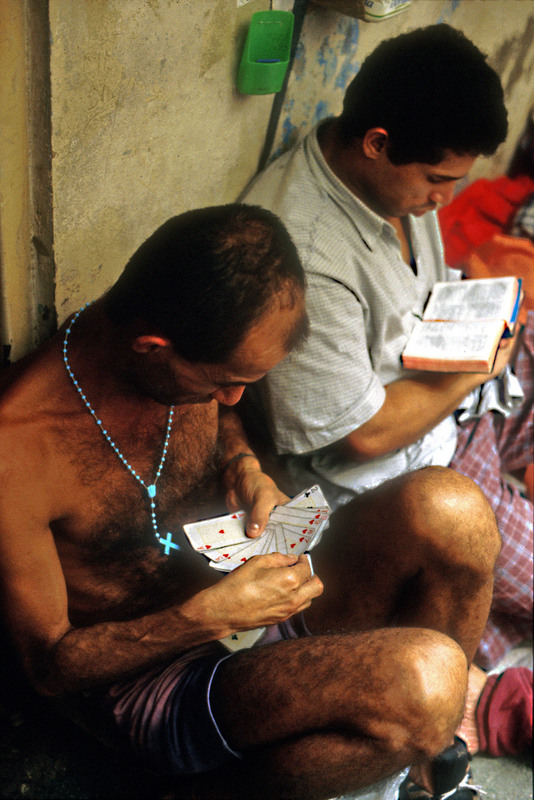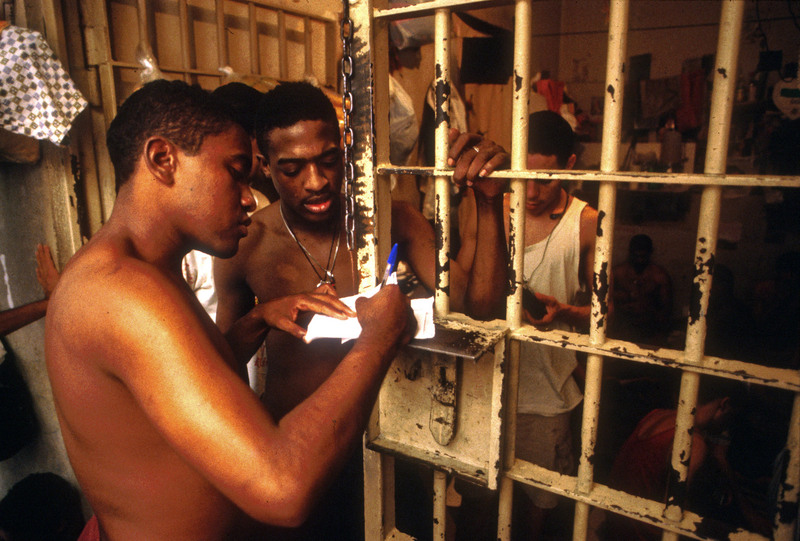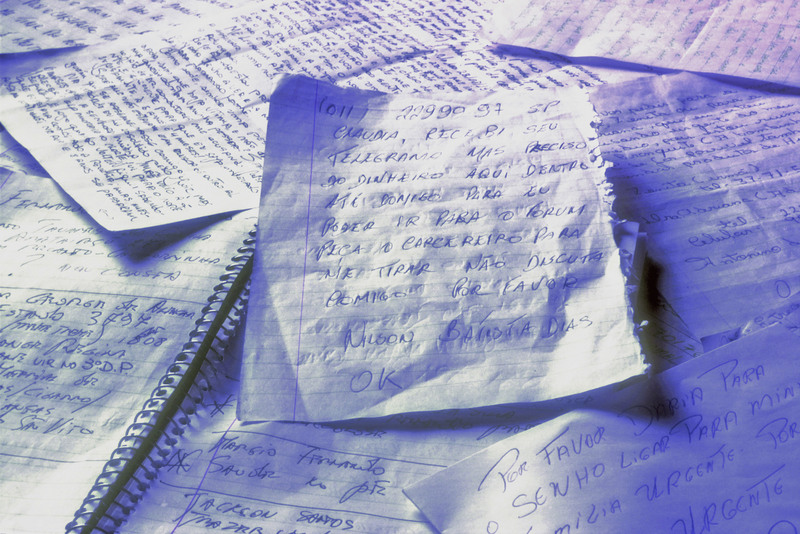A change in Brazilian Criminal Law now makes it possible for inmates to reduce their jail sentences by spending time reading and studying. The initiative, called ‘Redemption through Study Time’ (Remição por tempo de estudo in Portuguese) and also known as ‘Redemption through Reading’ (Remição pela Leitura), was sanctioned in June 2012 by President Dilma Rousseff.
A new approach regarding prisoners and the way they pay for their crimes, it determines that each book related to classic national literature, science or philosophy that is read by an inmate equates to 4 days off their prison term, which could add up to 48 days if the maximum number of 12 books per year is reached.
Similar to what students are required to do at school, prisoners must prove they have actually read and studied the books they chose by writing essays. However, the initiative could seem strange; most Brazilian inmates haven't completed primary education, and reading and writing skills are subject to question.
According to the report Education in Brazilian Prisons (Educação nas Prisões Brasileiras) [pt, pdf], as of 2006, 8% of the country's inmates were illiterate and 70% hadn't completed primary education.
All four federal prisons are expected to implement the programme, and state prisons may do so as well. But is there really such a redemption through reading?
University Professor Elionaldo Fernandes Julião, in an interview by the website Observatório da Educação, says the project is a “great achievement”. He adds [pt]:
Também é positivo o fato de que, na sociedade, enquanto tem gente que fala sobre o endurecimento da pena, nós temos um grupo que aprova uma lei como essa, que leva em conta que precisamos pensar que esses indivíduos serão reinseridos na sociedade. Embora uns não queiram, um dos objetivos do sistema penitenciário é a reinserção social, está nos princípios da Lei de Execução Penal. Não é só punir, é saber que esse indivíduo voltará para sociedade.
The initiative raised debate in social media, with comments in favour and against it. User Librarians with Altitude wrote on the Readers in the Mist blog that he believes the initiative has “great potential for prisons world-wide”, and posts a quote from a Brazilian project coordinator:
“A person can leave prison more enlightened and with an enlarged vision of the world,” said São Paulo lawyer André Kehdi, who heads a book donation project for prisons.
The blog I Love My Kindle shares a few suggestions with the government:
Books have to be of an appropriate length. There are books, such as The Anarchist Cookbook (which tells people how to make bombs and such), that aren’t likely to be on the list.
Raquel Monteiro shared the news on the blog Letra (D)escrita, and she is among those who received the news with caution. She said:
Honestly, I don't know what to think of this measure. I think I'm in shock!
Prisons and human rights violations in Brazil
The Brazilian government faces strong criticism from humanitarian groups and NGOs due to human rights violations in its prison system, which is considered deficient, thus making prisoners endure inhumane conditions. According to Nation Master, the country ranks fifth globally in number of inmates with 308,000, just behind the United States, China, Russia and India.
The documentary Hate Under the Brazilian Sun, directed and produced by Adele Reeves and Leandro Vilaca, tells the story of the prison system from different perspectives, interviewing current and former prisoners, their families, guards, police officers, heads of prisons, human rights groups and others.
While making the prisoner a better person seems like an ideal, rehabilitation has been difficult to achieve. The short documentary Barreras [pt], produced by Iemanjá Cinematográfica, is raising money through a crowdfunding platform to produce a long documentary about the importance of taking music and culture to prisons, showcasing the project's accomplishments in Rio de Janeiro's prisons and police stations between 2006 and 2011:
This project went touring in prisons, taking the music to the prisoners. The response was so good that led to many other types of projects and relationships that resulted in over 200 film exhibitions for prisoners, 20 shows, 14 libraries and many other actions.
Similar to the controversial reclusion-benefit, reported by Global Voices in September 2011, which aims to provide a financial support to the families of prisoners, this new initiative is part of the government's effort to give this matter a proper response.










11 comments
I think that this is great initiative and it should be adopted worldwide.
Literature changes the way people think about the past, present and future; about themselves, their committed deeds and priorities.